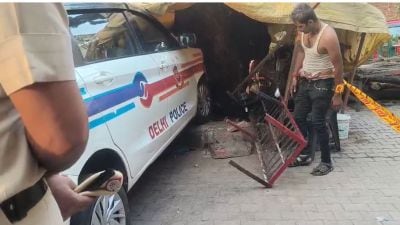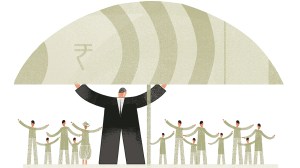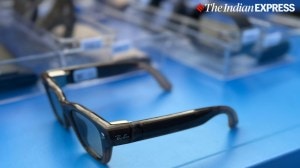WR to zoom in on tout menace
MUMBAI, March 23: The Western Railway has decided to turn the heat on the touts during vacations this year. Hidden cameras will be watching ...

MUMBAI, March 23: The Western Railway has decided to turn the heat on the touts during vacations this year. Hidden cameras will be watching their steps at the booking counters for long distance trains of the WR, which has decided to take firm action against the rising menace.
One camera has already been installed at Mumbai Central, and another is being put up at Borivli. At an estimated Rs 15 lakh, the WR has acquired four cameras each capable of recording a queue of nearly 150 people. These cameras can zoom in on persons who are seen regularly at the counters, which, say officials, is the first sign of touts’ presence. The monitors are placed in the cabin of the Chief Reservation Superintendent who acts in tandem with the Railway Protection Force. Once the persons are identified, they are questioned by the RPF and their backgrounds checked. "Usually these people disappear after just one bout of questioning, thus the cameras will act as a deterrent for such activities," said WR spokesperson R KTandon.
The number of complaints from commuters unable to get tickets for long distance travel have risen sharply since the holiday season began. Touts stand in the queue and buy tickets for their "clients" under benami names. Then they scout around for commuters who fit the age group as mentioned in the tickets and sell it to them at a heavy premium.
The CR, which installed six such cameras at CST last August, has nabbed 15 touts and recorded a marked decrease in the activity. These cameras, which have been installed at a cost of Rs 4.6 lakh, record the queues at the reservation counters from 8 am to 8 pm. "Once the tout knows that his activity is liable to be video recorded and called for questioning, it has a deterring effect on him," said CR spokesperson Mukul Marwah.
The railways have also decided to process only those reservation forms which have been signed by a railway authority. Earlier, there was no limit to the number of forms that a passenger was entitled to, which led to a delay in theprocessing of the applications. Now, an officer at the reservation counter signs a large number of applications before reservation hours which are then distributed to those who come to reserve tickets. Each passenger is given only two forms at a time, a step which has acted as a deterrent for tout activity. "This might mean that you might get into the queue a few minutes late, in order to get the signed forms, but you will save time in reaching the counter, because the clerks process only one form at a time," said Tandon.
Photos





- 01
- 02
- 03
- 04
- 05


























